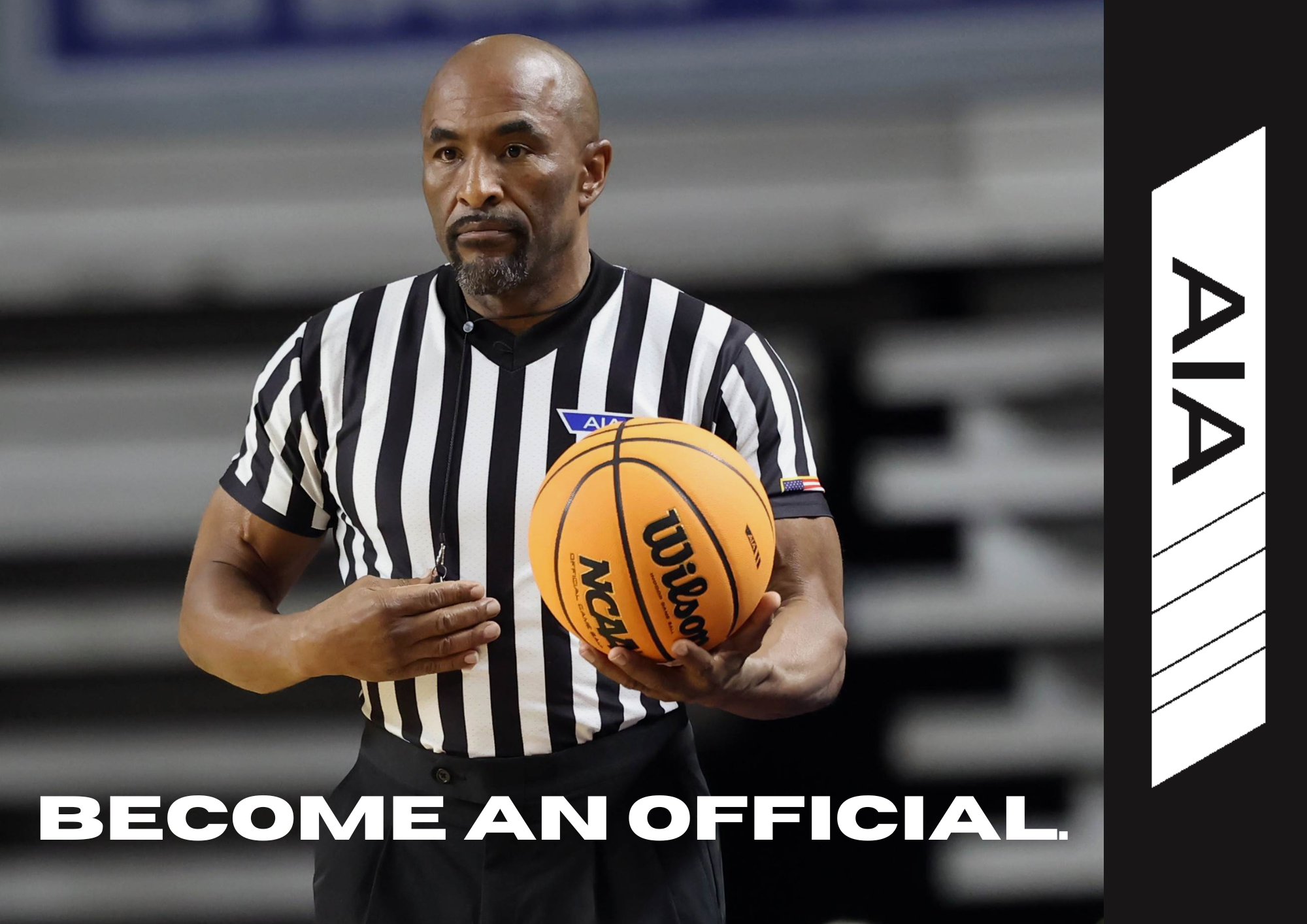Overcoming Overthrowing
October 25, 2013 by MaxPreps, AZPreps365
Article Provided by: The National Fastpitch Coaches Association (NFCA)
Article by: Carly Schonberg, Co-Founder of Fastpitch Power, Former Pitcher
The phrases, "you're overthrowing," and, "you're trying too hard" get thrown around a lot in pitching instruction. If you are a pitcher and you're not entirely sure what that means, or don't know how it feels to fix it, you're not alone. If you're a coach or a parent trying to help a pitcher overcome her overthrowing tendencies, it will be helpful to understand precisely what goes on in the body when a pitcher overthrows, and how to use more concrete terms to explain it.
So what does overthrowing mean to a pitcher? There is really no such thing as throwing the ball too hard or fast; everyone is always in search of more pitch speed. Yet overthrowing has a definite negative connotation. Why?
Sometime last year I was watching a Baltimore Orioles game. Brian Matusz was pitching and Jim Palmer was commentating. Palmer said of Matusz that he'd seen him overthrow and hit 90mph, but relax and hit 92. The implication was that when Matusz dialed back his effort level, he actually achieved greater pitch velocity. But there is a bit more to it than that.
Overthrowing usually refers to robbing yourself of speed by inappropriately attempting to get more speed. It involves an inefficient use of your muscles during the pitch delivery. Your muscles can do many different things. Actions such as lifting a heavy box and sprinting really fast both require a lot of muscular strength, yet they are wildly different from each other.
When you aren't pitching as fast as you'd like to, often your natural reaction is to put forth more effort. However, the type of effort you put forth is very important.
Many pitchers, especially ones who are learning, will end up clenching their muscles. This will feel like more effort, and truthfully it really is more effort, but it isn't the right kind of effort. It may be the type of effort you would use to lift that heavy box, but if you think about it, you probably wouldn't want to clench all your muscles before attempting to steal second base. That type of muscle activity slows you down.
What would you want to do if you were trying to beat your best time between first and second? You'd relax. You'd probably try to pump your arms a little faster, and you'd try to push off the ground a little harder. This is a lot closer to the type of effort you want to use when you're trying to increase your pitch speed. Relaxation is key to speed. Think faster, not more muscular, when pitching. Sometimes, the term overthrowing is also used in reference to a pitcher who may be losing accuracy in favor of gaining speed. This is not the same thing; in fact, I don't even think it's bad. Rather, I always encourage speed above accuracy in a learning pitcher. Pitchers should never slow down to try to get the ball into the strike zone. Instead, always put forth maximum effort and work on your accuracy by strengthening your body and solidifying your mechanics. Just make sure that your effort is the right kind of effort.
Educational articles are provided by the NFCA. To view more educational articles similar to these, please visit nfca.org.
Article by: Carly Schonberg, Co-Founder of Fastpitch Power, Former Pitcher
The phrases, "you're overthrowing," and, "you're trying too hard" get thrown around a lot in pitching instruction. If you are a pitcher and you're not entirely sure what that means, or don't know how it feels to fix it, you're not alone. If you're a coach or a parent trying to help a pitcher overcome her overthrowing tendencies, it will be helpful to understand precisely what goes on in the body when a pitcher overthrows, and how to use more concrete terms to explain it.
So what does overthrowing mean to a pitcher? There is really no such thing as throwing the ball too hard or fast; everyone is always in search of more pitch speed. Yet overthrowing has a definite negative connotation. Why?
Sometime last year I was watching a Baltimore Orioles game. Brian Matusz was pitching and Jim Palmer was commentating. Palmer said of Matusz that he'd seen him overthrow and hit 90mph, but relax and hit 92. The implication was that when Matusz dialed back his effort level, he actually achieved greater pitch velocity. But there is a bit more to it than that.
Overthrowing usually refers to robbing yourself of speed by inappropriately attempting to get more speed. It involves an inefficient use of your muscles during the pitch delivery. Your muscles can do many different things. Actions such as lifting a heavy box and sprinting really fast both require a lot of muscular strength, yet they are wildly different from each other.
When you aren't pitching as fast as you'd like to, often your natural reaction is to put forth more effort. However, the type of effort you put forth is very important.
Many pitchers, especially ones who are learning, will end up clenching their muscles. This will feel like more effort, and truthfully it really is more effort, but it isn't the right kind of effort. It may be the type of effort you would use to lift that heavy box, but if you think about it, you probably wouldn't want to clench all your muscles before attempting to steal second base. That type of muscle activity slows you down.
What would you want to do if you were trying to beat your best time between first and second? You'd relax. You'd probably try to pump your arms a little faster, and you'd try to push off the ground a little harder. This is a lot closer to the type of effort you want to use when you're trying to increase your pitch speed. Relaxation is key to speed. Think faster, not more muscular, when pitching. Sometimes, the term overthrowing is also used in reference to a pitcher who may be losing accuracy in favor of gaining speed. This is not the same thing; in fact, I don't even think it's bad. Rather, I always encourage speed above accuracy in a learning pitcher. Pitchers should never slow down to try to get the ball into the strike zone. Instead, always put forth maximum effort and work on your accuracy by strengthening your body and solidifying your mechanics. Just make sure that your effort is the right kind of effort.
Educational articles are provided by the NFCA. To view more educational articles similar to these, please visit nfca.org.



